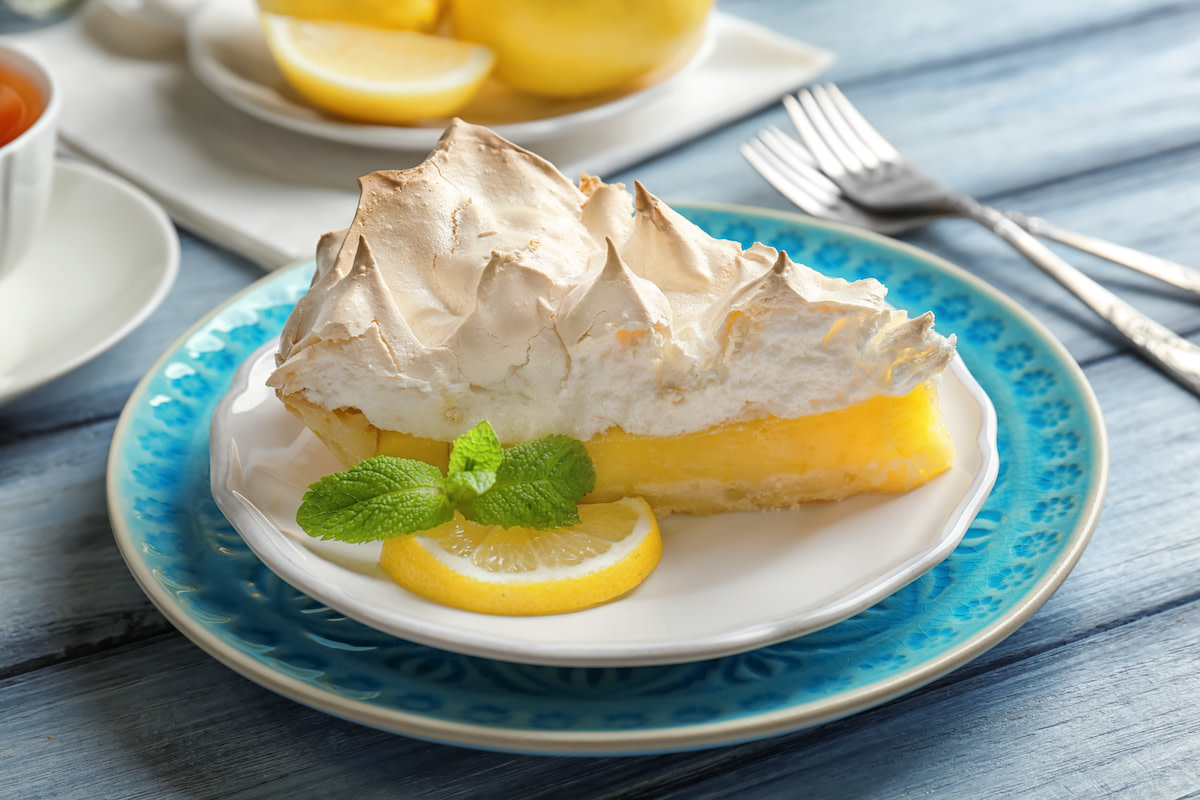How to Store Meringue Properly to Keep It Fresh
Written by MasterClass
Last updated: Dec 13, 2021 • 3 min read
While mastering the art of the perfect meringue takes time and effort, learning how to store meringue is relatively simple. With a few easy steps, you can make sure that beautifully baked pavlova or meringue kisses stay crispy for days on end.
Learn From the Best
What Is Meringue?
In its simplest form, a meringue is a foam of liquid egg whites whipped into a solid-like structure and stabilized by a combination of sugar and heat. The whipping creates air bubbles, which get enclosed by tiny temporary walls created by the proteins in the egg whites. Sugar increases the stability of the walls by thickening them and slowing the evaporation of water during the cooking process, while heat sets the meringue.
What Are the 3 Types of Meringue?
There are three types of meringue recipes—Italian, Swiss, and French—that differ in how and when heat gets incorporated for stabilization.
- 1. French meringue: French meringue is the easiest to make, since it simply involves whisking raw egg whites with sugar. It requires baking to stabilize, making French meringue a good option for pavlovas and crunchy meringue cookies.
- 2. Italian meringue: The most stable of the three types of meringue, Italian meringue involves drizzling hot sugar syrup into whipped egg whites, so you get beautiful, fluffy, stiff peaks. It’ll be satiny in texture and yield tall, proud peaks when you frost cakes or pipe it onto a tart or pie.
- 3. Swiss meringue: Also known as meringue cuite, Swiss meringue is smoother and denser than French meringue, but less stable than Italian. Marshmallow-y Swiss meringue involves beating egg whites and sugar together in a double boiler (a pan or bowl set above boiling water) until the sugar dissolves and the mixture is hot to the touch. It then gets removed from the heat and further beaten until doubled in volume. Swiss meringue tends to achieve less volume than the other varieties, because the sugar comes in early on in the whipping process, interfering with the ability of the egg proteins to unfold and bond with each other to form the walls that support the tiny bubbles of air.
Can You Freeze Meringue?
You can freeze meringue provided that you put it in an airtight, freezer-safe container first. Baked meringue (like pavlova or meringue cookies) will stay good this way for up to a month, while uncooked meringue will last this way for up to ten months. Make sure not to thaw and refreeze meringue, as doing so will ruin the texture.
How to Store Meringue
Learn how to properly store merengue to ensure that it stays fresh.
- Keep baked merengue in a dry environment. In the case of baked or cooked meringue, the main enemy to a long shelf life is moisture. As a result, if you can help it, it’s best not to bake meringue on a humid day. If you do, make sure your meringue has cooled completely—ideally on the baking sheet in the oven—before transferring it to an airtight container.
- Store baked merengue at room temperature. Plain baked meringue will remain crispy on the outside and chewy on the inside for up to two weeks if kept in a cool area (at or below room temperature) away from direct sunlight. You can stack pieces of baked meringue as long as you separate the layers with parchment paper.
- Refrigerate desserts with a baked merengue topping. When baking a dessert with a meringue topping, like a lemon meringue pie, keep your meringue in the fridge lightly covered with plastic wrap.
- Use uncooked merengue immediately. You’re best off using uncooked meringue immediately, but if you need to store it, keep it in the fridge in an airtight container for up to twenty-four hours.
Want to Learn More About Baking?
Become a better baker with the MasterClass Annual Membership. Gain access to exclusive video lessons taught by the world’s best, including Dominique Ansel, Joanne Chang, Gordon Ramsay, Chef Thomas Keller, Mashama Bailey, and more.
